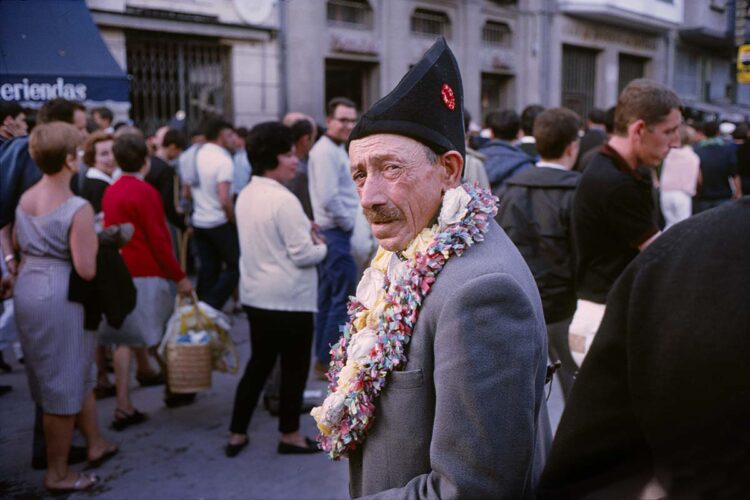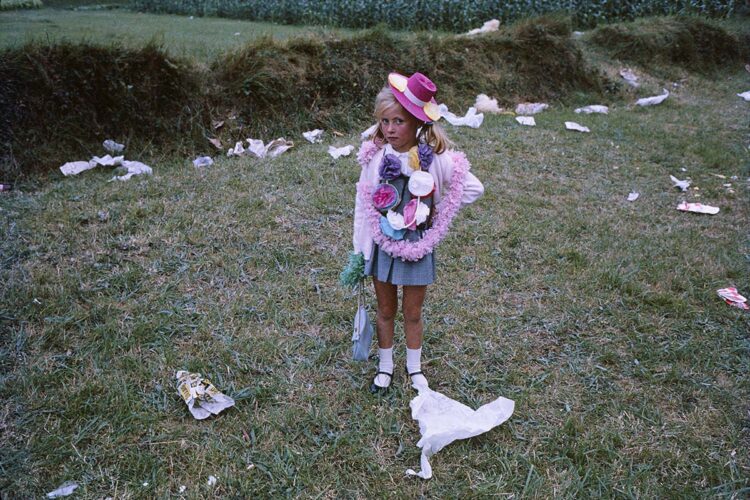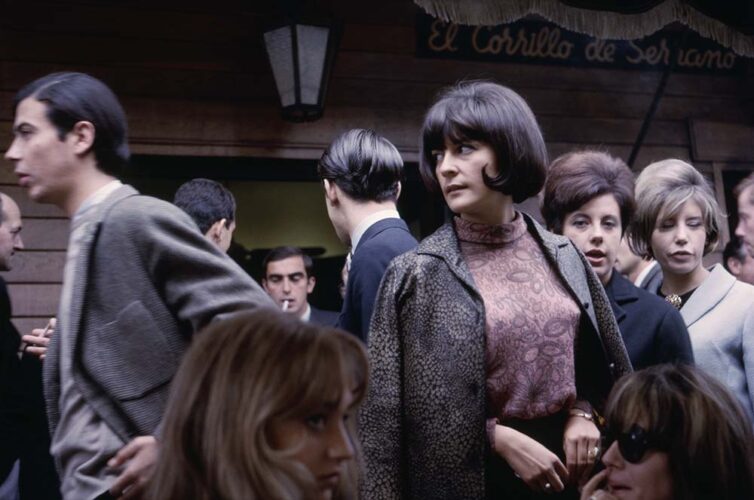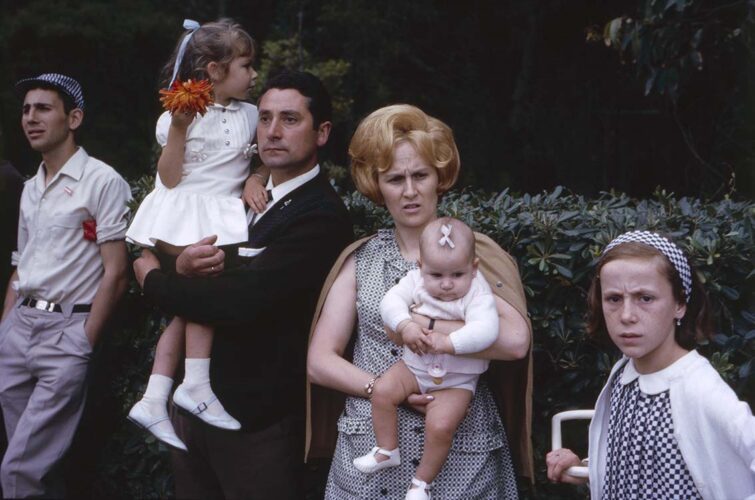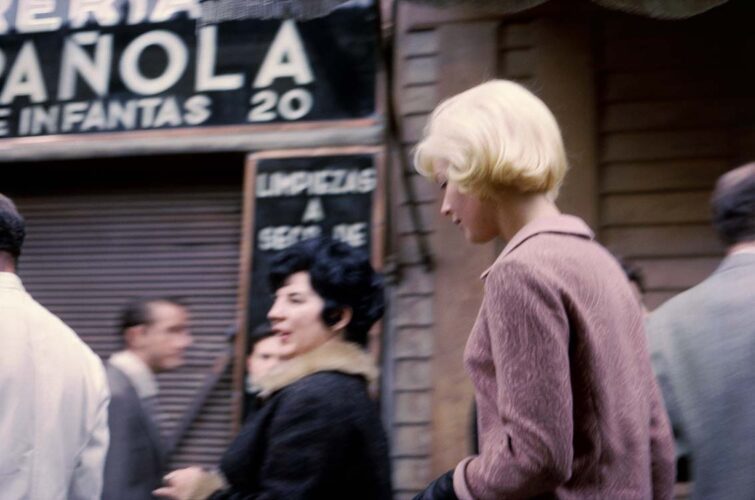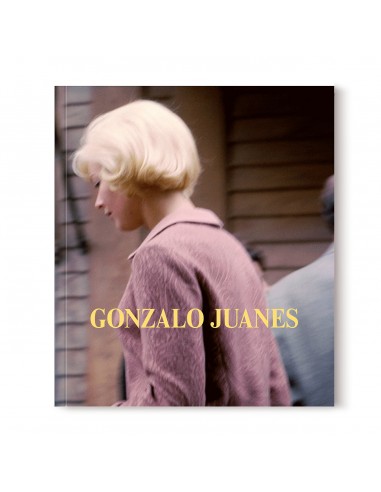EXPOSICIONES
Una incierta luz
Gonzalo Juanes
28 may. — 21 jul. 2024
Sala Canal de Isabel II
— Madrid
Comisariado por
Chema Conesa
Organiza
Comunidad de Madrid. Consejería de Cultura, Turismo y Deporte
Horarios de la sede
Lunes cerrado
Martes a sábado
11:00–20:30
Domingo
11:00–14:00
Sede
Sala Canal de Isabel II
Santa Engracia, 125
Mapa
La exposición rinde tributo a la trayectoria de Gonzalo Juanes (Gijón, 1923 – 2014), representante asturiano del grupo AFAL, el colectivo más importante de la fotografía española del siglo XX y en el que entabló excelentes relaciones con autores como Oriol Maspons, Gabriel Cualladó o Carlos Pérez-Siquier, y siempre con el más cercano, su paisano y eterno amigo Joaquín Rubio Camín.
Estructurada en cuatro plantas, Una incierta luz es la primera gran monográfica sobre la obra de Juanes, pionero en el uso del color en la fotografía documental, que permaneció en gran parte oculta y fue reconocida tardíamente. Es, además, un recorrido atemporal por la vida del fotógrafo asturiano.
Juanes nació en Gijón en 1923 y, tras una breve estancia en Madrid, en 1957 tuvo que instalarse definitivamente en su ciudad natal, donde realiza retratos de sus paisanos, de la vida diaria, siempre en blanco y negro y en busca de un estilo propio bajo el formato del reportaje, que consideraba el mejor registro documental de la realidad en clave emocional.
A principios de los años 60 prueba el color con la mítica película Kodachrome, todo un descubrimiento para él. El color supone otro registro, con imágenes reflexivas, meditadas y líricas y decide trabajar en series unitarias en su contenido, dedicadas a Asturias.
Una excepción aparte constituye la serie realizada en Madrid en 1965, en la calle Serrano, su trabajo más conocido y reproducido, un gran retrato urbano de la burguesía de la capital.
La etapa final de su producción refleja la decadencia física y el aislamiento propio en forma de paisajes y objetos encontrados donde exhibe, pese a todo, una sensibilidad de gran poética.
This exhibition pays tribute to the career of Gonzalo Juanes, the Asturian representative of the AFAL Group, the most important Spanish photography collective in the twentieth century. As part of the group, Juanes interacted with photographers like Oriol Maspons, Gabriel Cualladó and Carlos Pérez-Siquier, and always with the one closest to him, his fellow Asturian and lifelong friend Joaquín Rubio Camín.
Organised in four storeys, An Uncertain Light is the first major monographic show on the work of Juanes, a pioneer in the use of colour in documentary photography, who remained largely hidden and was only recognised later. It is also a timeless survey of the Asturian photographer’s life.
Juanes was born in Gijón in 1923, and after a brief stint in Madrid, in 1957 he had to move permanently back to his hometown, where he took portraits of his fellow Asturians, their everyday life, always in black and white in the quest for his own style in the reporting format, which he considered the best documentary way to record reality with emotion.
In the early 1960s, he tried out colour with the mythical Kodachrome film, and it ended up being a real discovery for him. Colour brought another register with reflective, meditative, lyrical images, and he decided to work on different series on Asturias, each with its own theme.
Yet one notable exception is the series he made on Calle Serrano in Madrid in 1965, his most famous and reproduced work, a grand urban portrait of the capital’s bourgeoisie.
The final stage of his oeuvre reflects his physical decline and isolation through landscapes and found objects, although he nonetheless still displays an extraordinarily poetic sensibility.


